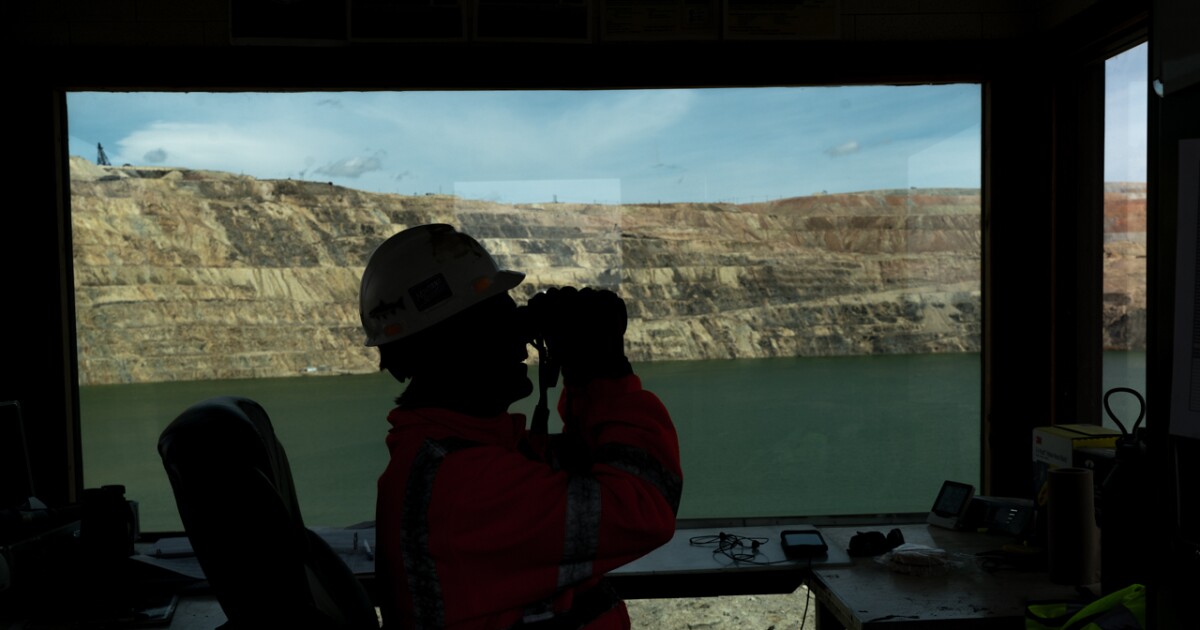D
Deleted member 28227
Guest
The pellets are essentially sitting in your muscle/ under the skin in an area with very little blood flow, and the pH of your body is essentially neutral. No reason for a hunk of lead to have any effect. There probably isn't any blood flowing around it, and nothing causing it to leach out.The surgeon told me I was exposed to more lead swimming in the local lake than what was in my body. That was mind boggling for me.
Now if you ate a bunch of pellets and they were sitting in the acid bath of your stomach probably a different story.





